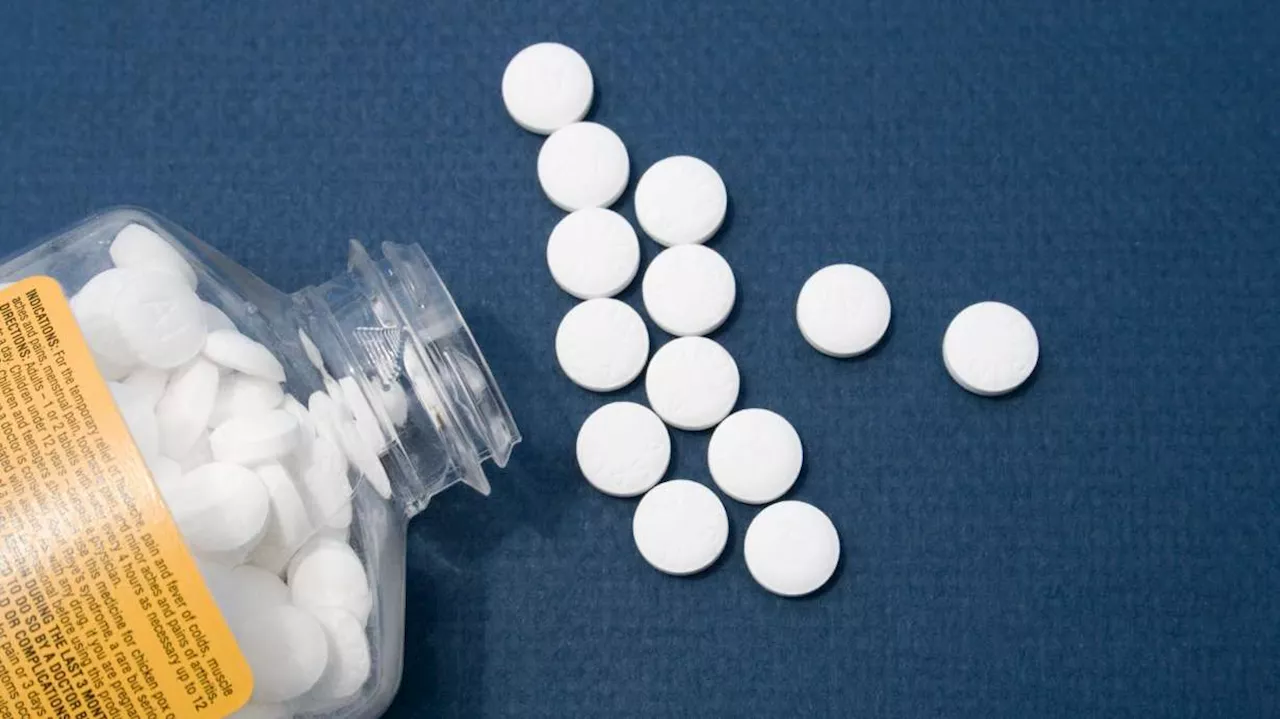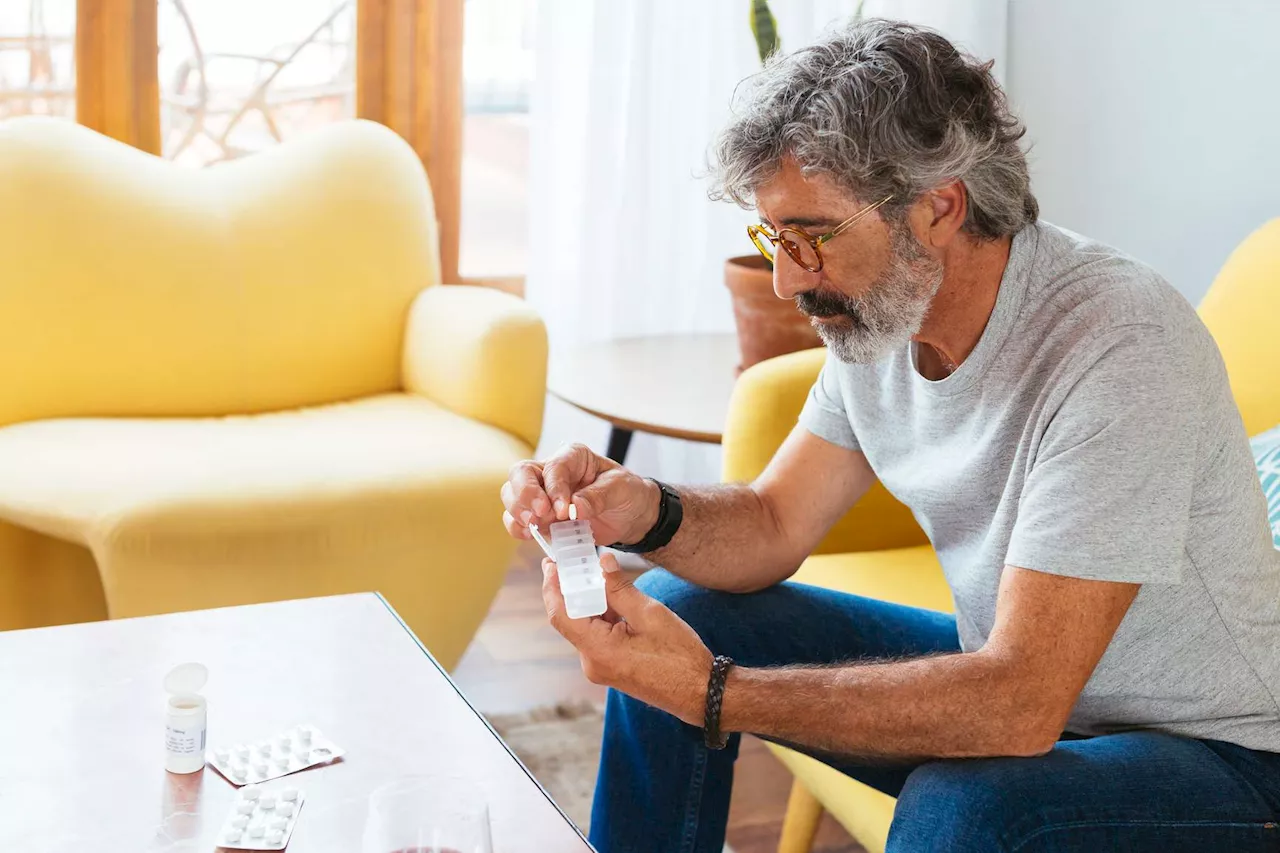I am an Assistant Professor of Emergency Medicine at the Harvard Medical School and Brigham and Women’s Hospital. Co-Author of MicroSkills: Small Actions, Big Impact. Co-Founder of Writing In Color.org. Wife and a mother to three children. Eager to discuss current challenges in healthcare.
, an emergency medicine physician, was 36 when she developed bloody stools. She regularly exercised, rarely consumed red meat or alcohol and had no concerning family history. She thought colo rectal cancer was “an older man’s disease” and assumed the scant, intermittent bleeding was a new diagnosis of irritable bowel syndrome. However, at age 40, the volume and frequency of bleeding increased.
World War I Tactics Make A Comeback As A Ukrainian Gunner In The Back Of A Propeller Plane Shoots Down A Russian Drone In a world full of multiple culprits leading to colorectal cancer, there is readily accessible online misinformation. “One of my goals is to be a voice of accurate medical information,” says gastroenterologist Dr. Austin Chiang, author of. Chiang often reviews evidence and guidelines and debunks myths related to GI topics, like colorectal cancer. He believes much of the delay in diagnosis is because people don’t want to talk about their stool, colon, ostomy or blood.
Rectal Cancer Chemotherapy Young-Onset Colorectal Cancer
United Kingdom Latest News, United Kingdom Headlines
Similar News:You can also read news stories similar to this one that we have collected from other news sources.
 Cancer warning: Local woman speaks about losing her 27-year-old brother to Colorectal CancerLocal woman speaks about losing her 27-year-old brother to Colorectal Cancer
Cancer warning: Local woman speaks about losing her 27-year-old brother to Colorectal CancerLocal woman speaks about losing her 27-year-old brother to Colorectal Cancer
Read more »
 Study examines regular use of low-dose aspirin to improve colorectal cancer survivalTaking a low-dose daily aspirin long-term may reduce the risk of developing or dying from colorectal cancer by revving the body's immune response to cancer cells, according to a new study.
Study examines regular use of low-dose aspirin to improve colorectal cancer survivalTaking a low-dose daily aspirin long-term may reduce the risk of developing or dying from colorectal cancer by revving the body's immune response to cancer cells, according to a new study.
Read more »
 Mini-colons revolutionize colorectal cancer researchIn a breakthrough for cancer research, scientists have created lab-grown mini-colons that can accurately mimic the development of colorectal tumors, offering a powerful new tool for studying and testing treatments for the disease.
Mini-colons revolutionize colorectal cancer researchIn a breakthrough for cancer research, scientists have created lab-grown mini-colons that can accurately mimic the development of colorectal tumors, offering a powerful new tool for studying and testing treatments for the disease.
Read more »
 Colorectal cancer rates have increased in those under 55The rates of colon and rectal cancer in people under 55 continue to rise. Now millennials get colon cancer twice as much as other adults, and rectal cancer four times as much.
Colorectal cancer rates have increased in those under 55The rates of colon and rectal cancer in people under 55 continue to rise. Now millennials get colon cancer twice as much as other adults, and rectal cancer four times as much.
Read more »
 Study: Daily Aspirin May Help Boost the Immune System and Prevent Spread of Colorectal CancerTaking aspirin may help prevent or delay the progression of colorectal cancer, a new study published in the journal 'Cancer' has found. Colorectal cancer rates among people under 50 are going up by 2% each year, and experts don't know why they're rising.
Study: Daily Aspirin May Help Boost the Immune System and Prevent Spread of Colorectal CancerTaking aspirin may help prevent or delay the progression of colorectal cancer, a new study published in the journal 'Cancer' has found. Colorectal cancer rates among people under 50 are going up by 2% each year, and experts don't know why they're rising.
Read more »
 Scientists Reveal If Your Body Shape Puts You at Risk of Colorectal CancerOur body shape is determined by a combination of genetic and lifestyle factors and some types put you more at risk of developing cancer than others.
Scientists Reveal If Your Body Shape Puts You at Risk of Colorectal CancerOur body shape is determined by a combination of genetic and lifestyle factors and some types put you more at risk of developing cancer than others.
Read more »
